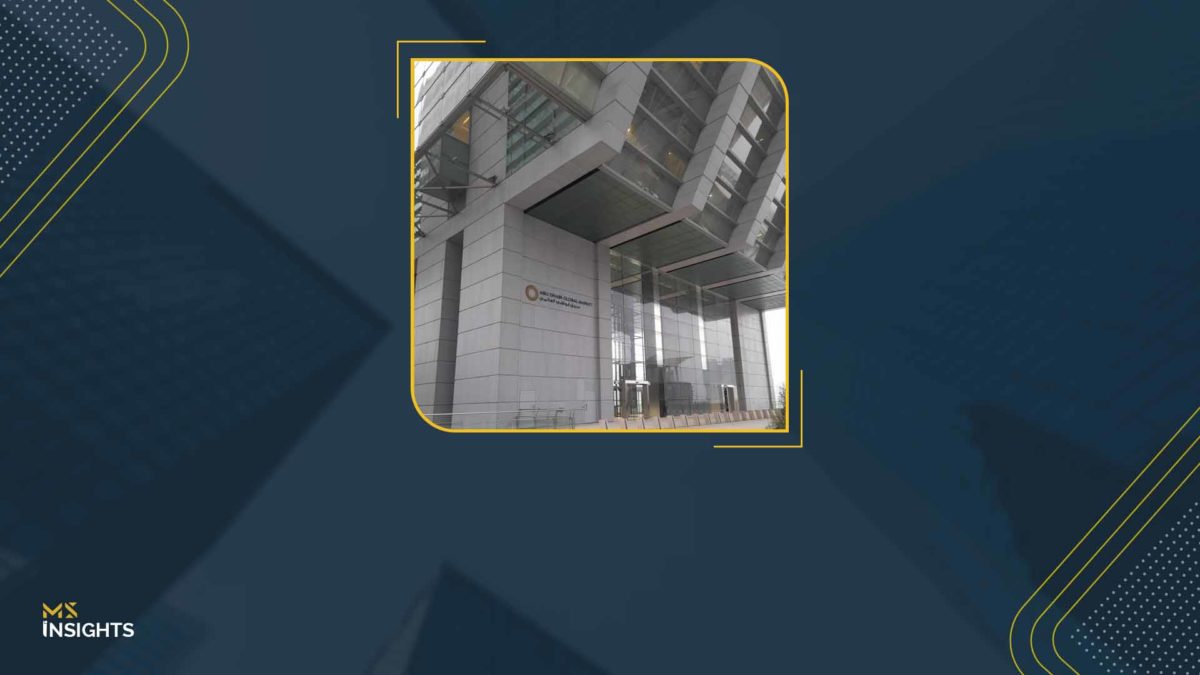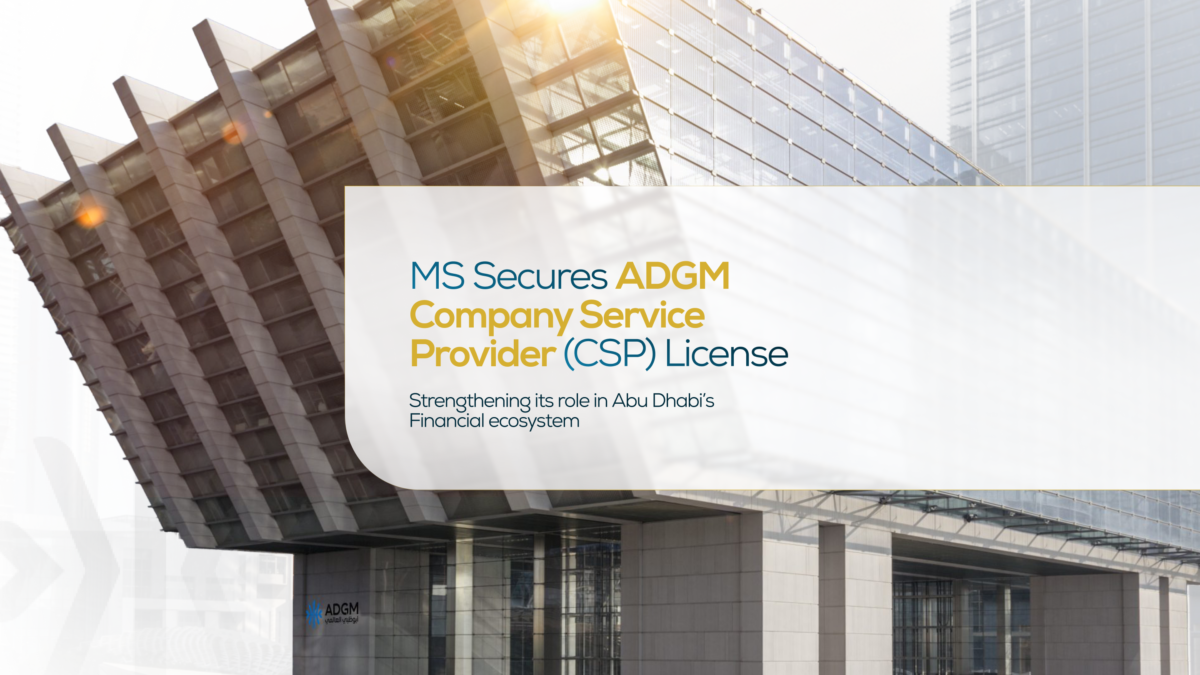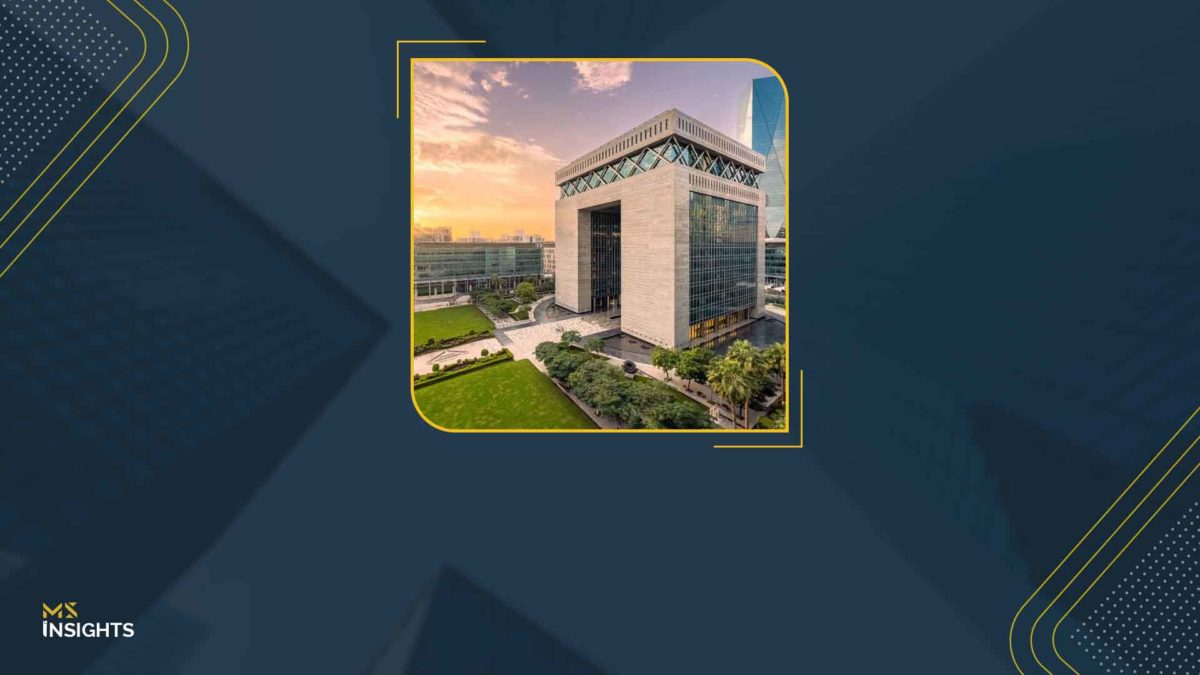The Essentials
Company set up in ADGM require careful attention with regulatory requirements, compliance obligations, and incorporation procedures. Choosing the right licensed Company Service Provider (CSP) is crucial to simplify this journey. A CSP ensures that your company meets all ADGM requirements, handles filings, provides a registered office, and supports governance and statutory compliance.
So, you’re thinking about setting up a company in ADGM.
Exciting! But let’s face it – the forms, approvals, and compliance rules can make even the savviest entrepreneur pause.
That’s why having a reliable Company Service Provider (CSP) is essential. Think of them as your co-pilot, navigating the regulatory maze, handling the paperwork, and keeping your business launch on track.
With the right partner, starting in ADGM doesn’t have to be complicated – it can be smooth, simple, and downright empowering.
Understand the Role of a CSP for Company Set Up in ADGM
A Company Service Provider in ADGM acts as your licensed partner for key corporate functions required under the ADGM regulatory regime:
- Submission of Incorporation Applications and ongoing filings to the Registrar;
- Provision of Registered Office Services;
- Acting as primary point of contact between your company and the ADGM Registration Authority;
- Sometimes providing nominee services (directors, secretaries, and registered agents), where appropriate.
ADGM’s CSP framework is carefully regulated to align with international best practices, ensuring that CSPs meet standards for financial robustness, professionalism, and compliance quality.
Companies that Require a CSP in ADGM
According to ADGM’s Companies Regulations 2020, a licensed CSP is mandatory for:
- Exempted and Non-Exempted Special Purpose Vehicles (SPVs):
These are commonly used for investment holding, securitization, and structured finance. SPVs are often required to appoint a CSP to ensure regulatory compliance, filings, and governance obligations.
- Foundations and Private Foundations:
ADGM foundations typically need a CSP to act as the registered office and handle statutory obligations, particularly when there are multiple beneficiaries or complex governance structures.
- Other Companies Opting for Professional Corporate Support:
While some standard ADGM companies (like standard Private Companies) may not legally require a CSP, appointing one is recommended for administrative ease, compliance assurance, and professional governance support.
Ensure the Provider Is Licensed and Fully Compliant
A fundamental prerequisite is that the CSP must be licensed by the ADGM Registration Authority under activity code 7025 – Company Service Provider.
ADGM’s own framework mandates that CSPs must meet a range of licensing conditions, including:
- Minimum professional indemnity insurance;
- Regulatory capital requirements;
- Adequate physical and human resources;
- Annual compliance certification and audits.
Engaging an unlicensed or non‑compliant CSP can lead to incorporation delays, regulatory breaches, or difficulties meeting filing obligations. Always ask your CSP for evidence of the license and current compliance status – ADGM publishes a public register of licensed CSPs that you can verify.
Evaluate Experience and Local ADGM Expertise
Experience within the environment is critical for company set up in ADGM. A provider should:
- Have hands‑on experience with ADGM registration and compliance procedures;
- Be familiar with ADGM’s Companies Regulations (2020) and subsequent updates to CSP regime requirements;
- Understand nuances around exemptions, especially for SPVs and foundations that might qualify for exemption from CSP requirements in certain cases.
- Providers with deep expertise can anticipate regulatory challenges, proactively manage timelines, and reduce risk.
Prioritize Strong Regulatory and Compliance Standards
A top‑tier CSP should demonstrate strong internal compliance governance. This includes:
- Dedicated compliance staff with experience in AML/CTF (anti‑money laundering / counter‑terrorism financing) frameworks;
- Robust internal controls and systems for regulatory filings and deadlines;
- Evidence of effective client account segregation and documentation practices.
ADGM’s recent oversight activity emphasizes that CSPs must meet these obligations not just at licensing stage but on an ongoing basis, reinforcing their role as gatekeepers of the ADGM business ecosystem.
Assess Communication, Responsiveness, and Support
Company set up in ADGM and maintaining compliance in a regulated jurisdiction requires ongoing interaction with your CSP. Assess:
- Responsiveness and clarity of communication;
- willingness to explain processes and obligations in non‑technical terms;
- Provision of structured timelines and calendars for filings and renewals;
Compare Pricing and Service Transparency
Costing can vary widely among CSPs, but transparency is key. Avoid arrangements where core services are bundled with hidden costs. Instead:
- Request detailed fee breakdowns (set‑up, annual filings, registered office fees, nominee services, etc.);
- Clarify what is included and what will be additional;
- For company set up in ADGM, compare at least three providers to understand market norms.
A provider with opaque pricing may signal administrative or contractual issues ahead.
Reputation, References & Peer Validation
Reputation is a strong indicator of reliability. To gauge this:
- Ask for client references, particularly for similar business types and complexity;
- Search for feedback from other founders or advisors who have worked with the CSP;
- Look for testimonials that emphasize integrity, timeliness, and proactive advice.
Company Set Up in ADGM: Strategic Selection for Long‑Term Success
- Smooth incorporation and regulatory filings
- Ongoing compliance with evolving ADGM and UAE regulations
- Operational continuity through accurate governance support
- Peace of mind with clear communication and transparent pricing
By prioritizing licensing, experience, regulatory expertise, strong compliance frameworks, transparent pricing, and proven reputation, you position your ADGM entity for long‑term success in a competitive global market.
Company Set Up in ADGM with Confidence: How MS Acts as a CSP?
IsAs a licensed Company Service Provider (CSP) in ADGM, MS stands out as a trusted partner for businesses seeking a seamless company set up in ADGM and ongoing compliance in Abu Dhabi’s premier financial hub. Leveraging over eight years of experience in the UAE, MS provides corporate services – from incorporation and registered office solutions to regulatory filings and governance support. Our deep understanding of ADGM’s regulatory framework, combined with a proactive approach to compliance, ensures that clients can focus on growing their business with confidence. With MS as your CSP, you gain strategic partner committed to facilitating smooth operations, timely compliance, and long-term success in the ADGM ecosystem.









